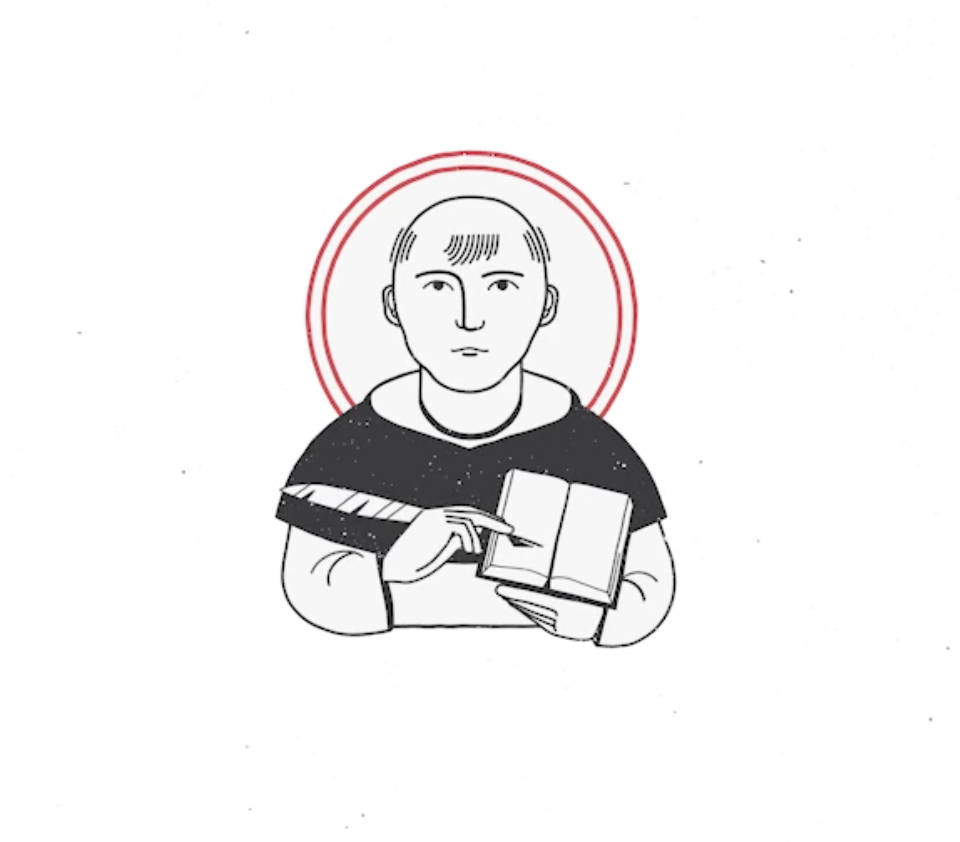F
FiveLinden
Guest
A further point: people on CAF seem to think that ‘atheism’ is some sort of systematic set of ‘beliefs’. It’s not. It’s just not believing in any god(s). Just as Catholics don’t go around wondering about Zeus or any of the thousands of gods they don’t believe in, atheists don’t go around thinking about the thousands of gods, including the God Catholics worship. Absence of belief is just that: absence. It is not in itself a belief.
There is absolutely no parallel between the process of a Catholic becoming a Jew or a Scientologist and the process of a Catholic becoming an atheist. In the first the Catholic remains a believer, only in different things. In the second belief ceases.
There is absolutely no parallel between the process of a Catholic becoming a Jew or a Scientologist and the process of a Catholic becoming an atheist. In the first the Catholic remains a believer, only in different things. In the second belief ceases.

